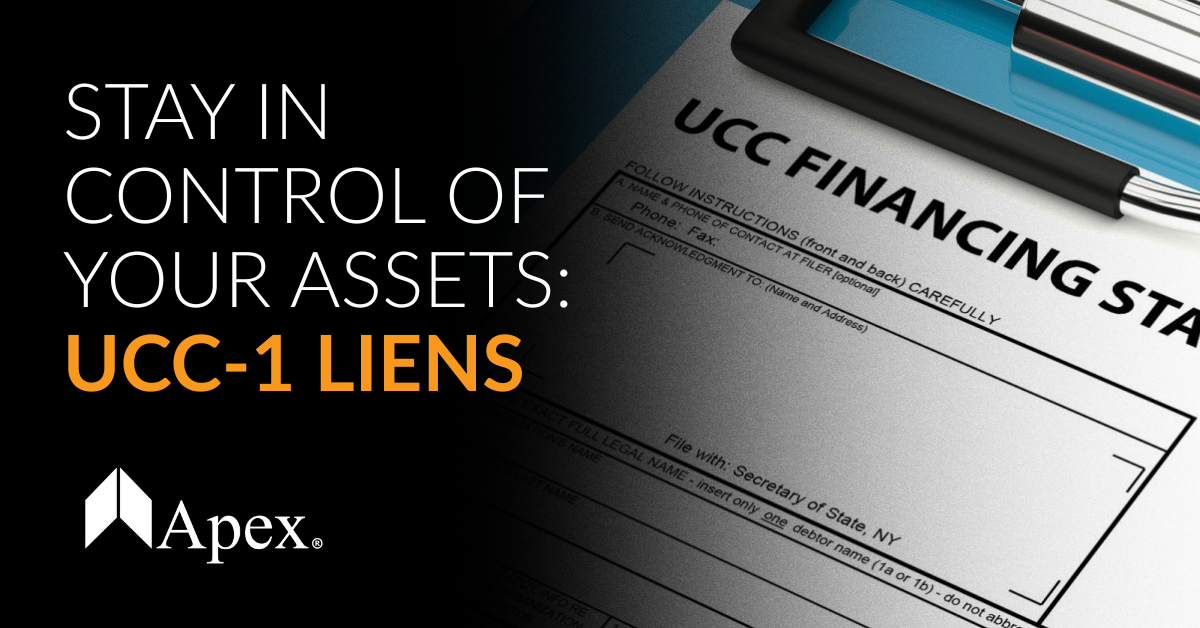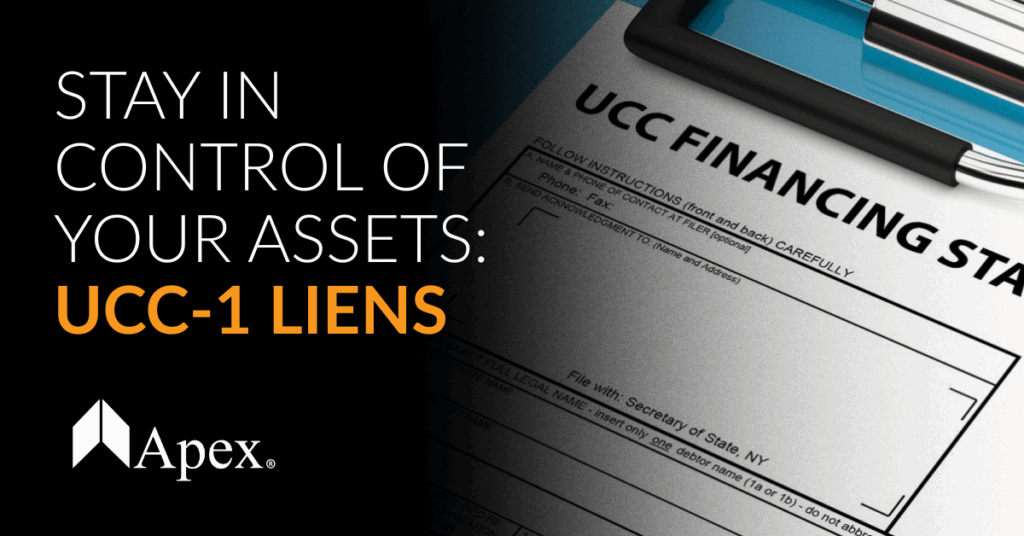Running a company means managing a lot of moving parts. One area that often gets overlooked is understanding business liens. If you’ve factored invoices or used business financing, you’ve likely had a UCC-1 lien filed on your company. This is common, and knowing what it means can help you stay in control of your cash flow and assets.
What Is a Business Lien
A UCC-1 lien is a public record that gives a lender or factoring company a legal right to specific business assets. UCC stands for Uniform Commercial Code, which is a set of laws that govern commercial transactions in the United States. This type of lien is typically filed when you enter into a financing agreement and offers protection for the lender while giving you access to working capital.
UCC-1 liens are most commonly used in factoring agreements. When a factoring company buys your invoices, it files a UCC-1 lien to secure the rights to collect on those receivables.
Why Factoring Companies File UCC-1 Liens
Factoring companies, like Apex Capital, purchase your unpaid invoices and advance you the money upfront. To protect their right to get paid by your customers, they file a UCC-1 lien on your accounts receivable.
This lien eliminates confusion about who owns the rights to your invoices. It also protects against duplicate financing or fraud. It’s a standard process that helps both parties stay aligned and is very common across financial services companies.
Types of Business Liens
There are different types of business liens, depending on how you manage financing and operations:
- UCC-1 Liens: Filed by factoring companies or lenders to secure interest in your accounts receivable or financed equipment.
- Tax Liens: Filed by the IRS or state tax agencies when business taxes are past due.
- Judgment Liens: Result from legal judgments when a court awards money to another party, and your company hasn’t paid it.
- Vendor or Mechanic’s Liens: Filed by vendors or contractors when payment is not made for services like repairs or equipment installations.
Types of UCC Filings You Should Know
There are several kinds of UCC filings, but two are most relevant for trucking companies. Both fall under the UCC-1 category.
All-Asset UCC Filing
This is sometimes called a blanket lien. It covers all business assets, including equipment, vehicles, accounts receivable, bank accounts, and even future property. Some lenders and factoring companies take this approach to secure their position across a wide range of assets. This can limit flexibility when you’re managing or expanding your business.
Collateral Specific UCC Filing
This more focused filing covers only a specific asset, most commonly your accounts receivable. It allows you to protect your other assets while still giving your factoring partner legal rights to the invoices they advance payment on.
At Apex Capital, we only file collateral-specific UCC filings. That means our lien applies strictly to your receivables and nothing else. We do not claim your equipment, bank accounts, or other business property. You keep complete control of those assets while we focus on what matters—helping you get paid faster for the freight you haul.
How to Remove a Lien from Your Business
The process is usually straightforward. Begin by paying off the debt or fulfilling your contractual obligations. In some cases, legal steps may be needed to remove or dispute the lien. Once resolved, make sure the lien is officially terminated and removed from public records. Keeping your filings clean helps protect your credit and keeps future financing options open.
How to Check for a UCC-1 Lien
To see if a lien is active on your company, visit your state’s Secretary of State website and search the UCC filings section. Enter your business name to view active or past liens.
You can also ask your factoring or lending partner directly. They should be able to provide lien details and help you interpret the filing.
Understanding what a business lien is, and specifically how a UCC-1 lien works, gives you better control over your company’s finances. These filings are a standard part of doing business and can be used in a way that protects your receivables while keeping your other assets untouched.
If you ever have questions about liens or need help reviewing a factoring agreement, Apex Capital is here to help. We are always happy to explain how UCC filings work and what they mean for your business. To learn more about how Apex Capital can support your business, visit apexcapitalcorp.com or call 855-369-2739.

